#Nelson Goodman
Text
Does a painter like Cézanne make a version of the world in the same way as one makes a car? The deep thrust that moves him to paint, and which is the origin of that which Merleau-Ponty describes as "Cezanne's Doubt" in a famous essay, seems to arise from a stubborn attempt to "render" what he keeps calling Nature (with a capital N).
My contention is that making and rendering are not substitutable terms but form together a dynamical and dialectical pair at the phenomenological level. Tell a creator, say Van Gogh or Cézanne, that he is fabricating a world-version. He will not recognize himself in this account of what he is doing. And if by chance he accepted it, he would stop painting, because he would lose faith in the kind of constraint which makes his predicament. The painter — at least this kind of painter — understands himself as the servant — if not the slave — of that which has to be said, depicted, exemplified, expressed. Because a gap keeps recurring between making and rendering, he is never relieved from the duty of painting. Cézanne, facing "la montagne sainte Victoire" or simply ... un "compotier de pommes," feels himself the bearer of an infinite debt as regards that which Merleau-Ponty calls the visibility of the visible. By the way, the English word "to render" displays a full array of potential meanings ranging from "making" to "giving in return or requital," even to "giving up" and "surrendering." The experience of the artist, it seems to me, encompasses the whole range of meanings from making to surrendering, through representing and interpreting.
Paul Ricoeur, review of Nelson Goodman’s Ways of Worldmaking
21 notes
·
View notes
Text
Aurélien Barrau: "Je suis un être humain Innervé de désirs et de contradictions.
Nelson goodman disait : il faut reconnaître à la science le droit de n'être pas la seule version du monde."

4 notes
·
View notes
Text
Analytic aesthetics: Wittgenstein and conceptual art - Nelson Goodman: when is there art?
Analytic aesthetics: Wittgenstein and conceptual art – Nelson Goodman: when is there art?
Wittgenstein and conceptual art
(The Wittgenstein House (Haus Wittgenstein), Vienna, designed by Ludwig Wittgenstein himself and the architect Paul Engelmann, a pupil of Adolf Loos.)
Ludwig Wittgenstein can be considered one of the founders of analytic aesthetics, his predecessors within analytic philosophy having left research on art aside. Indeed, Frege reduces poetry to a simple ornament in…

View On WordPress
2 notes
·
View notes
Text
The Philosophy of the Grue Paradox
The "Grue Paradox," also known as the "New Riddle of Induction," was introduced by philosopher Nelson Goodman in his 1955 book Fact, Fiction, and Forecast. It challenges our understanding of induction, the process by which we infer general laws from specific observations. This paradox raises significant questions about how we form and justify scientific theories and the nature of our predictions about the future.
Understanding the Grue Paradox
To explain the paradox, Goodman introduces the concept of the predicate "grue." An object is defined as "grue" if it is green before a certain time (say, the year 2050) and blue thereafter. This means that, based on our observations up to 2050, an object that appears green might also be considered "grue."
Goodman asks us to consider emeralds, which we observe to be green. We could form two hypotheses based on our observations:
All emeralds are green.
All emeralds are grue.
Both hypotheses are equally supported by our observations up to now. However, they lead to different predictions about the future: after 2050, the first hypothesis predicts that emeralds will remain green, while the second predicts that emeralds will become blue.
The Problem with Induction
The Grue Paradox highlights a fundamental problem with induction: the challenge of justifying why some generalizations (like "all emeralds are green") seem more valid or reasonable than others (like "all emeralds are grue"). It questions the criteria we use to prefer one hypothesis over another and casts doubt on the reliability of our inductive inferences.
Philosophical Implications
Criteria for Projectibility: Goodman argues that we need criteria to determine which predicates are "projectible" (i.e., can be reasonably used to make predictions about the future). This involves distinguishing between "lawlike" and "non-lawlike" generalizations. For example, "green" is considered lawlike because it has been consistently observed and used in scientific laws, while "grue" seems ad hoc and arbitrary.
Conventionalism: Some philosophers suggest that our preference for certain generalizations over others is based on convention and past practice rather than any objective superiority. This raises questions about the objectivity of scientific laws and the role of human convention in shaping our understanding of the world.
Natural Kinds: The paradox also touches on the concept of natural kinds, categories that exist in nature and are not dependent on human definitions. The challenge is to identify which properties (like "green") are natural kinds and which are not (like "grue").
Epistemological Skepticism: Goodman's paradox can lead to skepticism about our knowledge of the future. If our inductive inferences can be so easily called into question, how can we be confident in our scientific predictions?
Philosophy of Language: The paradox also has implications for the philosophy of language, particularly the meaning and reference of terms. It challenges the stability and reliability of our linguistic descriptions of the world.
The Grue Paradox is a profound and thought-provoking challenge to our understanding of induction and scientific reasoning. It forces us to critically examine the criteria we use to justify our generalizations and predictions about the future. While solutions to the paradox remain debated, it continues to play a crucial role in discussions about the nature of scientific knowledge, the reliability of induction, and the interplay between language, convention, and reality.
#philosophy#epistemology#knowledge#learning#education#chatgpt#metaphysics#logic#Grue Paradox#New Riddle of Induction#Nelson Goodman#Induction#Projectibility#Natural Kinds#Epistemological Skepticism#Philosophy of Science#Philosophy of Language#Scientific Reasoning
1 note
·
View note
Text
''The copy theory of representation, then, is stopped at the start by inability to specify what is to be copied. Not an object the way it is, nor all the ways it is, nor the way it looks to the mindless eye. Moreover, something is wrong with the very notion of copying any of the ways an object is, any aspect of it. For an aspect is not just the object-from-a-given-distance-and-angle-and-in-a-given-light; it is the object as we look upon or conceive it, a version or construal of the object. In representing an object, we do not copy such a construal or interpretation - we achieve it.''
- Nelson Goodman, Languages of Art
0 notes
Text
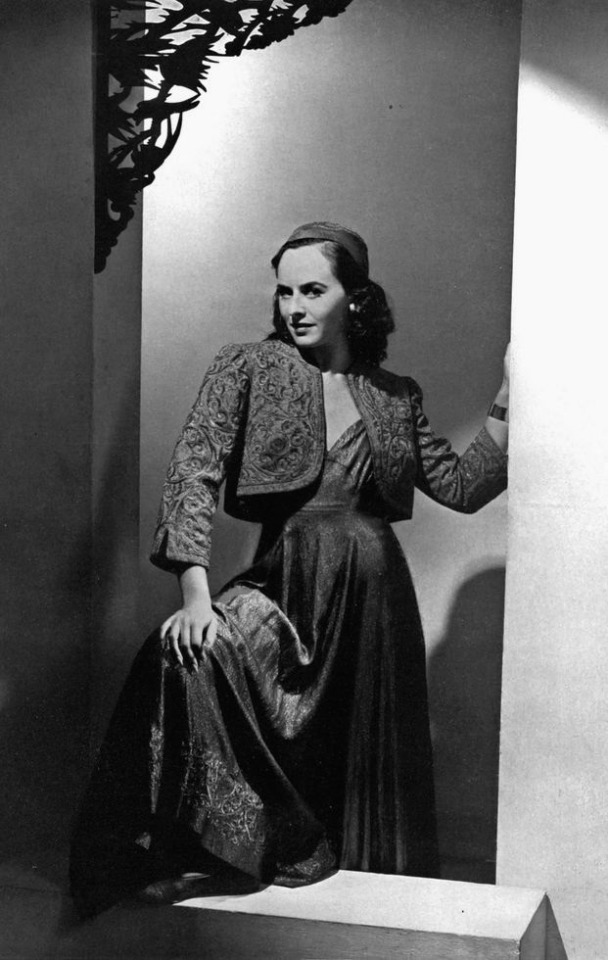
Paulette Goddard by Lusha Nelson in Persian gold lamé, rust bolero and cap, flat lamé slippers; Bergdorf Goodman, US Vogue, Nov. 1937
58 notes
·
View notes
Text
George Duvivier: The Unsung Hero of Jazz Bass
Introduction:
Jazz is a genre rich with virtuosos who have transformed the soundscape with their distinctive styles and techniques. However, some of these virtuosos, despite their monumental contributions, remain less celebrated than their peers. One such figure is George Duvivier, a master of the double bass whose career spanned over four decades, leaving an indelible mark on the jazz…
#Art Farmer#¡Viva! Vaughan#Ben Webster#Benny Carter#Benny Goodman#Bob Wilber#Bud Powell#Chico Hamilton#Clark Terry#Coleman Hawkins#Coleman Hawkins and Confrères#Count Basie#Dizzy Gillespie#Dreamy#Eddie Barefield#Eric Dolphy#Frank Sinatra#George Duvivier#Hank Jones#Hawk Eyes#High Voltage#Jazz Bassists#Jazz History#Jimmie Lunceford#Lena Horne#Lena on the Blue Side#Lucky Millinder#Martial Solal#Oliver Nelson#Out There
2 notes
·
View notes
Text
I don't know how to explain it, but they radiate the same energy.


#heartstopper#andi mack#nick nelson#charlie spring#cyrus goodman#tj kippen#nick x charlie#charlie x nick#tyrus
39 notes
·
View notes
Text
Favourite Fictional Lawyers (some of them)
Matt Murdock & Foggy Nelson (Daredevil)

Saul Goodman & Kim Wexler (Better Call Saul)
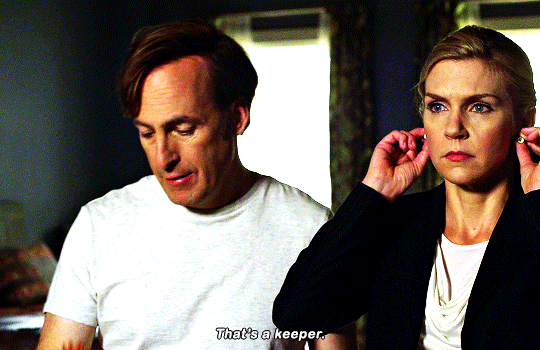
Perry Mason and Della Street (Perry Mason)
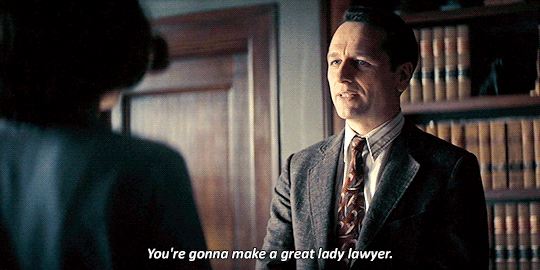
Jeff Winger (Community)
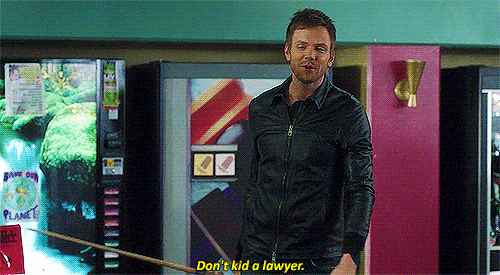
Charlie Kelly (It’s Always Sunny in Philadelphia)

#matt murdock#foggy nelson#daredevil#Better Call Saul#breaking bad#saul goodman#kim wexler#jeff winger#community#charlie kelly#it's always sunny in philly#perry mason 2020#della street#perry mason#charlie counts he's the foremost expert in bird law
22 notes
·
View notes
Text
Ok I’ve got like 3 brain cells but. Achilles and Patroclus were the blue print for queer mlm couples in media. Think of it Achilles is the nick Nelson, TJ Kippen, Will Solace type and Patroclus is the Charlie Spring, Cyrus Goodman, Nico Di Angelo type.
#tyrus andi mack#tyrus#heartstopper#charlie spring#nick nelson#tj kippen#nico di angelo#will solace#cyrus goodman#achilles#song of achilles#patroclus
44 notes
·
View notes
Text
According to the Kantian conception, in contrast, science consists not so much in the attempt to construct a system of intrinsically intelligible assumptions, but rather in a 'coercion of nature' ('Nötigung der Natur') of such a sort that the latter comes to be formed in conformity with prior principles. Consider the following passage from Kant's first Critique:
"When Galileo caused balls, the weights of which he had himself previously determined, to roll down an inclined plane…, a light broke upon all students of nature. They learned that reason has insight only into that which it produces after a plan of its own, and that it must not allow itself to be kept, as it were, in nature's leading-strings, but must itself show the way with principles of judgment based upon fixed laws, coercing nature to give answer to questions of reason's own determining. Accidental observations, made in observance to no previously thought-out plan, can never be made to yield a necessary law, which alone reason is concerned to discover."
This passage expresses an important epistemological insight to the effect that scientists, if they seek systematic results in the form of scientific laws, must undertake systematic observations guided by relevant scientific assumptions. Kant and his followers have however drawn ontological questions from this insight. They claim in fact to have shown that the object-domain... must first have been pre-formed and pre-constituted in some peculiar ('transcendental') fashion. This doctrine is then introduced by the Kantians into their explanation of the peculiarity of a priori propositions: the latter are now held to acquire their truth from the fact that we ourselves have in King-Midas-fashion imposed them upon reality, have coerced reality to have it fit our prior prejudices.
Barry Smith, "In Defense of Extreme (Fallibilistic) Apriorism"
My experience reading from Nelson Goodman's Ways of Worldmaking reminded me of this. He'll give insightful examples of choices that must be made in various domains, for example -
'The ball-in-play' of a single game may be comprised of temporal segments of a dozen or more baseballs. The psychologist asking the child to judge constancy when one vessel is emptied into another must be careful to consider what constancy is in question - constancy of volume or depth or shape or kind of material, etc. Identity or constancy in a world is identity with respect to what is within that world as organized.
Only to reach conclusions such as -
The uniformity of nature we marvel at or the unreliability we protest belongs to a world of our own making.
that I can't help but find questionable, or overlooking what compels us to make the choices we do. Despite his reassurance that his relativism doesn't mean that "everything goes" nor does away with truth and standards of rightness, I don't think irrealism or any view which makes demiurges of us can do justice to phenomena like resistance (Peirce's secondness), and I feel the same way about slogans like "all models are false, but some are useful" which don't want to want to consider (say) the relation of usefulness to approximation.
2 notes
·
View notes
Text
I watch exactly two shows about lawyers so
Daredevil but it’s Better Caul Saul
- It’s Foggy’s idea for the commercial- and Matt only does it because Foggy’s ecstatic about the idea
- “Stuck between a hard place and a rock? CALL THE DOCK (and Nelson)”
- Matt hates it and tries to come up with something that works for any variation of Foggy’s name but is unsuccessful, so “call the dock” it is
- Matt, thematically, is Jimmy. Daredevil is his “slippin’ Jimmy”
- Foggy is Kim Wexler, working for L&Z (HHM) until Matt convinces him to start a firm together
- Stick is Chuck, wanting Matt to succeed but not in the way *Matt* wants to, and ultimately haunting him even after his death
- Matt sticking around and mistakingly helping Stick over and over despite knowing that no matter what he does, he’s not gonna get Stick’s approval
- I forget what his name is in BCS- BUT Elektra as Jimmy’s old hustling friend that ends up dying. Causes Matt to backslide further into Daredevil for a bit, promising himself that he won’t let it continue after the week but ultimately knowing he won’t be able to help it
AHHHH okay if someone won’t write this then I will. Do I have any clue how that would work? No. But I’m adding it to my list of things I wanna write but (probably) never will
#mattfoggy#matt murdock#foggy Nelson#bcs#better call saul#daredevil#Kim wexler#Jimmy McGill#saul Goodman
34 notes
·
View notes
Photo

#o brother where art thou#movies#george clooney#john turturro#tim blake nelson#charles durning#michael badalucco#john goodman#holly hunter#illustration#vintage art#alternative movie posters
7 notes
·
View notes
Photo










#love the coopers#alle jahre wieder - weihnachten mit den coopers#diane keaton#john goodman#alan arkin#olivia wilde#amanda seyfried#marisa tomei#timothée chamalet#june squibb#anthony mackie#jake lacy#alex borstein#jessie nelson
8 notes
·
View notes
Text
‘‘Reception and interpretation are not separable operations; they are thoroughly inter-dependent. The Kantian dictum echoes here: the innocent eye is blind and the virgin mind empty. Moreover, what has been received and what has been done to it cannot be distinguished within the finished product. Content cannot be extracted by peeling off layers of comment.
All the same, an artist may often do well to strive for innocence of eye. The effort sometimes rescues him from the tired patterns of everyday seeing, and results in fresh insight.’’
- Nelson Goodman, Languages of Art
0 notes
Text
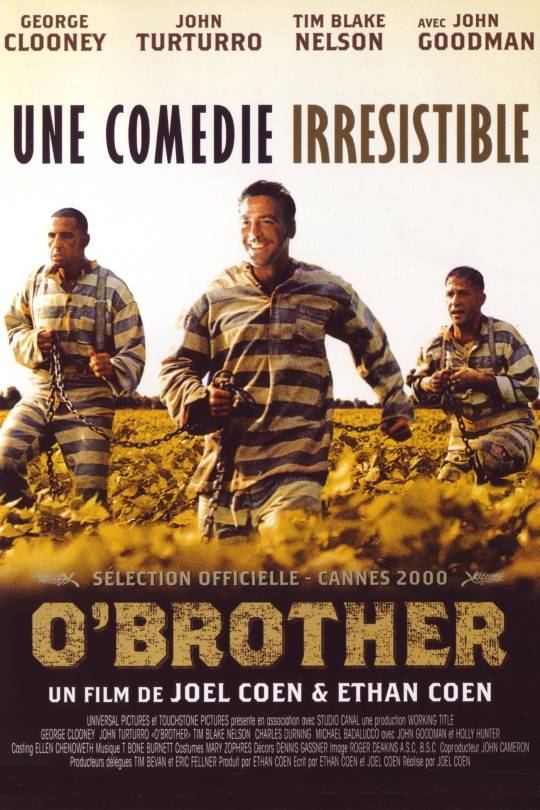
"E aí, meu irmão, cadê você?" (O Brother, Where Art Thou?) - amazon prime.
Os irmãos Coen são muito bons. Esse fez muito sucesso e gostei, mas já não revia em algum tempo. A namorada nunca tinha visto e procurando filmes pra assistir decidimos por ele. O filme é de 2000, será que envelheceu bem? Acho que foi um dos primeiros papéis cómicos de Clooney.
depois de ver: sim, continua atual e divertido. atual por que fala de racismo, política... divertido também, pois temos os personagens estranhos dos Coen, nesse road movie.
#O Brother Where Art Thou?#amazon prime#Ethan Coen#Joel Coen#George Clooney#John Turturro#Tim Blake Nelson#John Goodman#Holly Hunter#2000#E aí meu irmão cade você?
2 notes
·
View notes